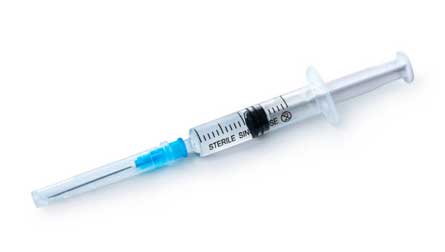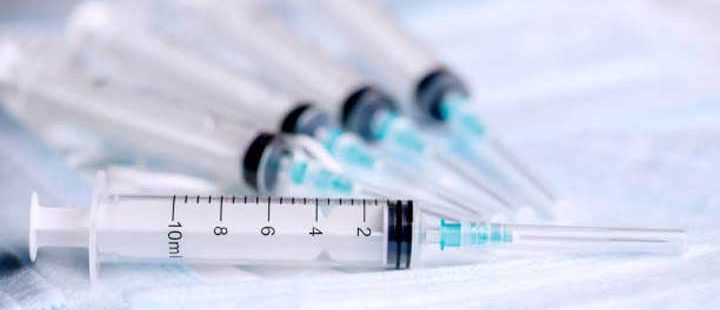Needle and syringe selection depends on the viscosity of the fluid or medication that you are planning to inject. Learning about the different types and features of syringes and needles can help you make an informed choice. This article will also provide some helpful tips on how to dispose of used syringes. Read on! Listed below are some of the important factors that you should consider when choosing needles and syringes.
Needle gauge

Choosing the right gauge for a needle is an important part of administering injections, especially when you’re injecting a medication into the muscle. Some medications can be absorbed directly under the skin, while others must be injected into the muscle itself. To avoid causing pain to the patient, it’s best to select a needle that is 20 or 22 G, and is approximately one to 1.5 inches long. The gauges for these needles and syringes will be more important than the size of the syringe itself, however, check out the post right here.
When choosing a needle gauge, you must also take into account the syringe’s volume and the dead volume of the needle. Generally, a higher gauge means a larger needle diameter, and a smaller gauge means a thinner needle. The needle gauge chart should be followed closely by a phlebotomist to avoid problems with the procedure. It is also important to use the proper syringe for the type of drug you’re administering.
Needle length
There are many factors to consider when choosing needle and syringe sizes. The first is the location of the injection. While some medications are easily absorbed through the skin, others must be injected into muscle tissue. Those requiring injection into muscle should choose an inch-long needle with a 23 to 25-G gauge. In addition to gauge, you should consider the type of medication you plan to inject.
The needle length and gauge you choose will depend on the injection site and dose. A syringe with an extra-long needle will be necessary for an intramuscular injection, while a subcutaneous needle with a smaller gauge is appropriate for a subcutaneous injection. It’s important to choose the right needle length and gauge for the site you’re injecting, as this will minimize your risk of injection site reactions.
Syringe capacity
Choosing the correct needle and syringe capacity depends on the type of injection you’re planning to do and the volume of fluid you need. Thin needles won’t work well for deep tissue injections, while larger needles are unnecessary for subcutaneous injections. Matching the correct syringe with the right needle will minimize the risk of medical mishaps and ensure that the fluids you need will reach their destination safely.
When choosing the right syringe for an injection, gauge and length are important considerations. The gauge refers to the needle’s diameter, while the length measures from the hub to the tip. The needle’s use determines the depth to which it will reach the target area. The three different injection depths – intradermal, subcutaneous, and intramuscular – can affect the gauge and length of the needle.
Disposal of used syringes
Proper disposal of used needles and syringas is essential to avoid the spread of infectious diseases. The safest way to dispose of these materials is to dispose of them properly, following medical waste disposal regulations. Sharps should not be thrown into the regular garbage, even if they are empty. Before disposing of sharps, check with local waste disposal services to find out where they will accept them. Sharps containers should be kept out of reach of children, pets, and storm drains.
Conclusion:
Massachusetts has numerous safe disposal sites for used needles and syringe waste. Depending on the county, these disposal locations may not accept needles or syringes. To avoid disposing of needles and syringes at a public location, visit your local county solid waste office to find out the proper disposal method for household hazardous wastes. These centers will be able to help you find an approved disposal service in your town.
- 5 Reasons to Try ProHydrolase for Digestive Health - June 20, 2024
- SMS Verification: A Comprehensive Overview - June 10, 2024
- 4 Effective Ways to Manage Erectile Dysfunction - June 3, 2024

